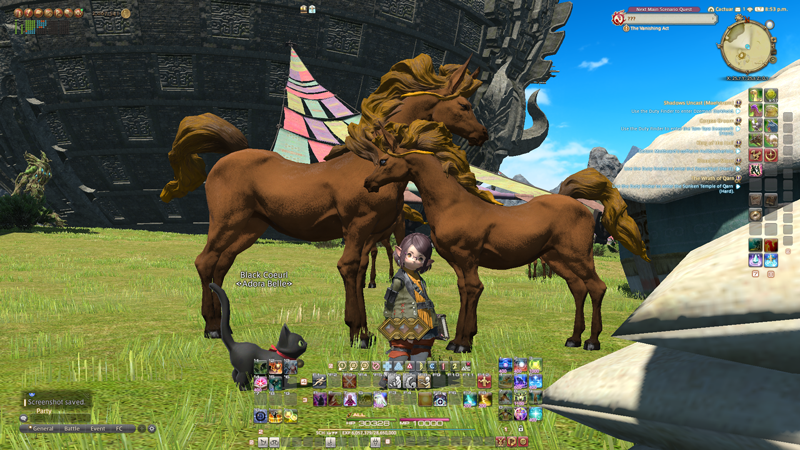
I approached the arcade on a clear but chilly Tuesday in December. It stood out against the crowded backdrop of Ann Arbor storefronts with its fuchsia awning and blocky, western-style letters. Glowing neon signs on the window caught my attention: there were smiling pink elephants, downward pointing arrows, and the words “Games,” “Pool,” and “Open” inviting me in. I grabbed the door handle, pulled hard, and shuffled inside out of the biting wind to find myself standing at the top of a steep stairway. Like stepping into a time machine, I descended into the neon glow of the dim basement with its ringing, chiming games.
This place, straight out of the 80s, reminded me of an era when games were legibly and explicitly designed for all, at least in that 1970s’ dream of multiculturalism and accessibility kind of way. Arcades existed as destinations for play, and I soon found that play, that human compulsion toward joy and pleasure for only its own sake, would emerge as the heart of my work. As much as play is part of us—we play before we even know who we are—it is also deeply fraught. People of marginalized identities are too often barred from play under violent and dominant ideologies about who deserves access to pleasure and under what circumstances it is valid.

The arcades of the past have shifted into the video games of our era, and because I spend my own free time adventuring across the wilds of Eorzea in Final Fantasy XIV, strategizing battle tactics in the magical realms of Fire Emblem, and collecting peaches in Animal Crossing, I’m deeply invested in questions around how women[1] participate in online gaming communities. My current work, in other words, aims to provide a thick and full description of a cultural and digital formation around the charged concept of gender to explore what online spaces and discourses can reveal about how women, who are, broadly, a marginalized gender and certainly relegated to the margins of gamer subculture, draw on linguistic and rhetorical resources to navigate power dynamics in various digital discursive spaces.

I think a lot about the relationship between discourse and power, and I’m especially interested in multimodal discourse in online gaming spaces, since despite their infamous misogyny, so many women have made gaming communities their online home. There’s so much to be learned from listening to women share stories about how they participate and play in these paradoxical spaces.
This is why I come to this work with so many questions! I want to understand the forces that shape online interaction. How are women grammatically, narratively, and visually negotiating the contested spaces of online gaming communities? How are people and technologies interacting and working together? Whose contributions to the discourse are brought to prominence through the platform’s algorithms and functionality? How are participants and algorithms functioning as gatekeepers? How are women participating in the discourse of these gaming spaces: intervening, talking, listening, intercepting, supporting, distancing, and so on? I’m so curious to illuminate how women are using discourse in different ways in different online spaces, to understand what’s in place.
As a DRC fellow, I hope to contribute to the Collaborative’s work at the intersections of feminism and digital rhetorics and discourse. The exigence of my work is equity, always, and I see discourse as a tool for enacting liberatory social change. After all, power is ceded and maintained through discourse, through stories and counterstories, through communities and conversations. This is why I’m very interested in coordinating a blog carnival on the intersections of gender and digital discourse, especially in online gaming communities and other fraught digital spaces of leisure. I’m so excited to continue learning as part of this community, to add layers to my understanding of the theories of digital rhetorics and the practices of digital storytelling. I’m grateful to be joining this remarkable collective of people whose research interests orbit close to mine and who are just as invested in the practices, ethics, and pedagogies of digital rhetoric as I am.
[1] I want to emphasize here that I understand women to be a broad and inclusive category encompassing cisgender women, transgender women, femme nonbinary people, and anyone else who identifies in this way.
